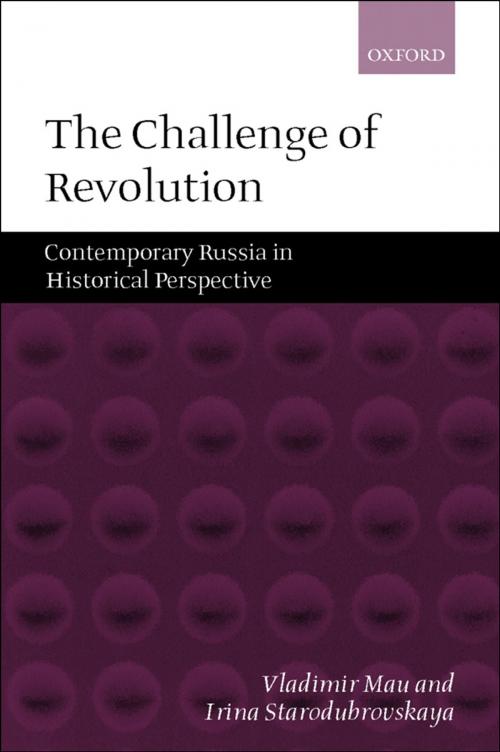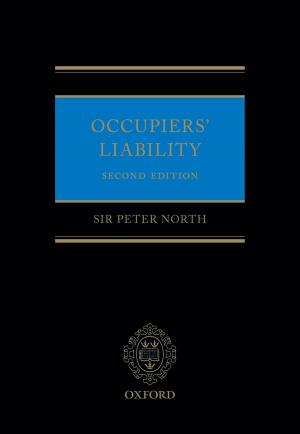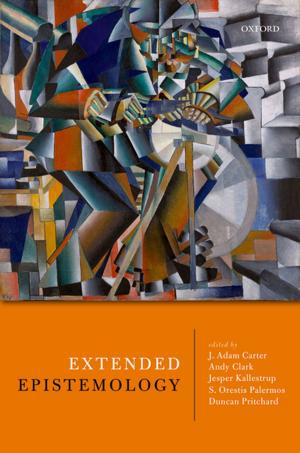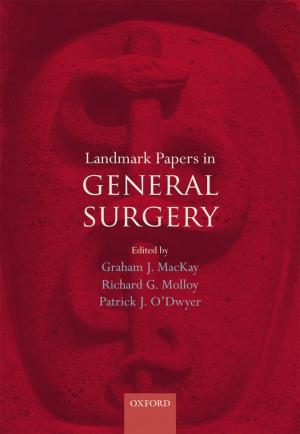The Challenge of Revolution
Contemporary Russia in Historical Perspective
Nonfiction, Social & Cultural Studies, Political Science, Politics, History & Theory, History| Author: | Vladimir Mau, Irina Starodubrovskaia | ISBN: | 9780191608223 |
| Publisher: | OUP Oxford | Publication: | February 22, 2001 |
| Imprint: | OUP Oxford | Language: | English |
| Author: | Vladimir Mau, Irina Starodubrovskaia |
| ISBN: | 9780191608223 |
| Publisher: | OUP Oxford |
| Publication: | February 22, 2001 |
| Imprint: | OUP Oxford |
| Language: | English |
This volume provides an challenging and controversial explanation of the recent events in Russia. It examines the causes, processes, and consequences of Russia's recent political development. Drawing on, and criticizing the existing literature, the book also shows how the recent Russian experience casts light on general theories of revolution and comparative political developments. The transformation in Russia is usually compared with transformations in other post-communist countries. The authors argue that the Russian transformation should be explained in the logic of the great revolutions of the past such as the English Civil War, the French Revolution, and the Bolshevik Revolution. The difficulties and inconsistency of Russian reforms are usually explained as a result of mistakes made by reformers. This book argues, however, that these problems should be considered as a natural consequence of the 'weak state'. In revolution the weakness of state power is inevitable (resulting from social fragmentation, property rights transformation, changes in the interests of different social groups). Hence, the authors argue that most of the transitional problems in Russia were unavoidable. The authors go on to argue that revolutions are usually considered as rapid change made through violence. However, the spontaneous character of change in the situation of a weak state is a much more important feature of any revolution than violence. The book contains unique interviews with four leaders of the Russian transformation - Mikhail Gorbachev, Alexander Yakovlev, Yegor Gaidar, and Gennadii Burbulis - as well as the personal experience of the authors, who were deeply involved in the practical process of Russian transformation.
This volume provides an challenging and controversial explanation of the recent events in Russia. It examines the causes, processes, and consequences of Russia's recent political development. Drawing on, and criticizing the existing literature, the book also shows how the recent Russian experience casts light on general theories of revolution and comparative political developments. The transformation in Russia is usually compared with transformations in other post-communist countries. The authors argue that the Russian transformation should be explained in the logic of the great revolutions of the past such as the English Civil War, the French Revolution, and the Bolshevik Revolution. The difficulties and inconsistency of Russian reforms are usually explained as a result of mistakes made by reformers. This book argues, however, that these problems should be considered as a natural consequence of the 'weak state'. In revolution the weakness of state power is inevitable (resulting from social fragmentation, property rights transformation, changes in the interests of different social groups). Hence, the authors argue that most of the transitional problems in Russia were unavoidable. The authors go on to argue that revolutions are usually considered as rapid change made through violence. However, the spontaneous character of change in the situation of a weak state is a much more important feature of any revolution than violence. The book contains unique interviews with four leaders of the Russian transformation - Mikhail Gorbachev, Alexander Yakovlev, Yegor Gaidar, and Gennadii Burbulis - as well as the personal experience of the authors, who were deeply involved in the practical process of Russian transformation.















